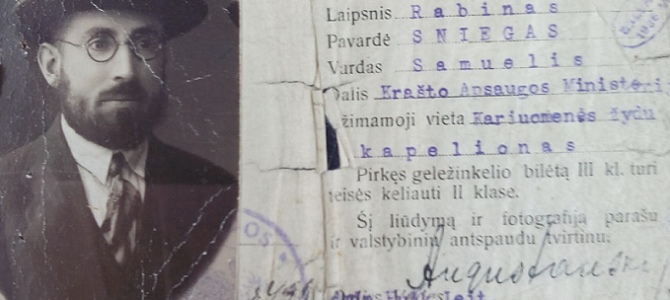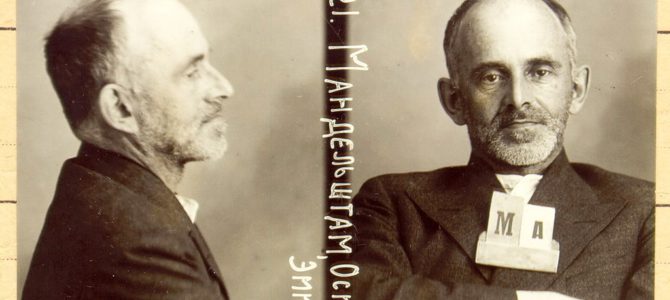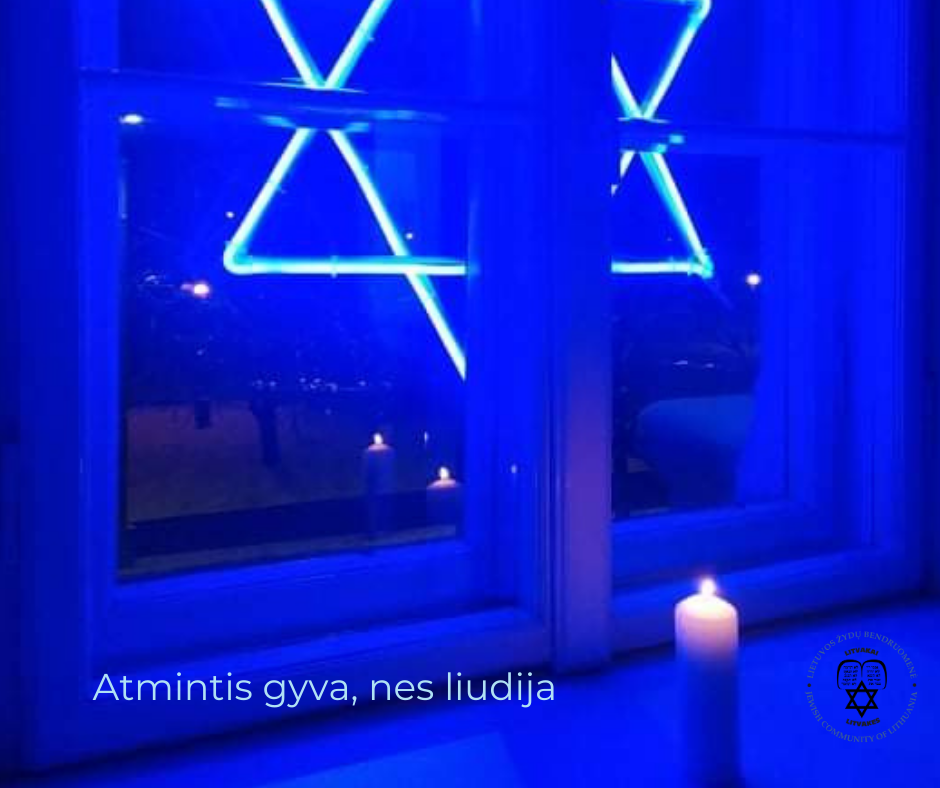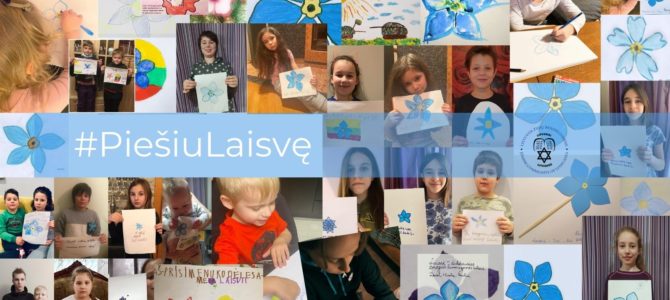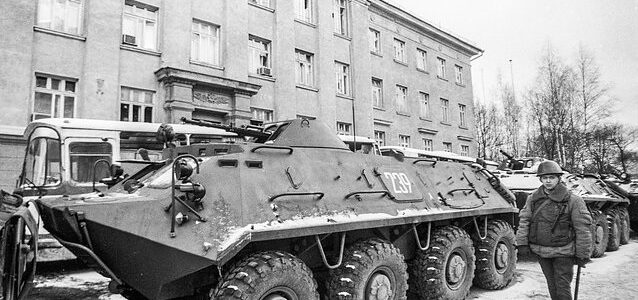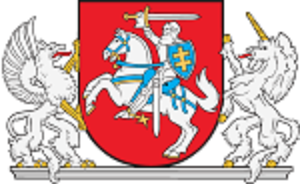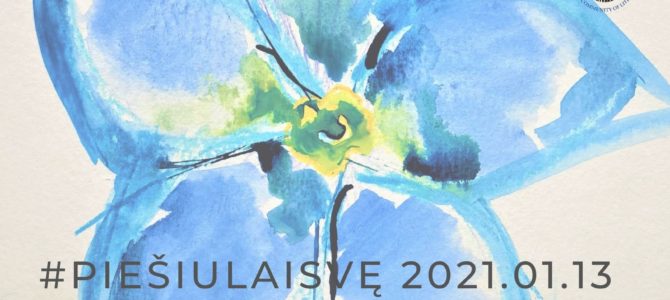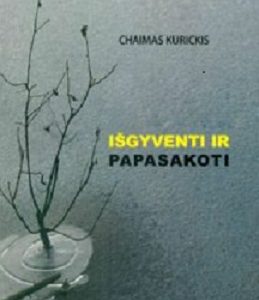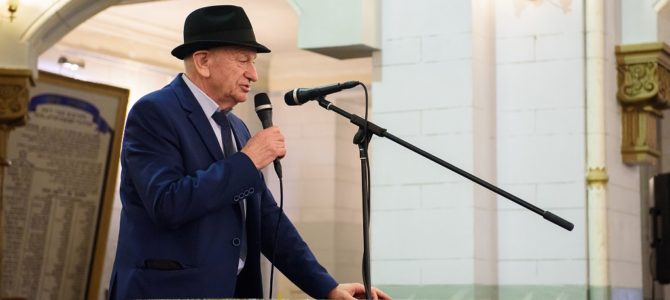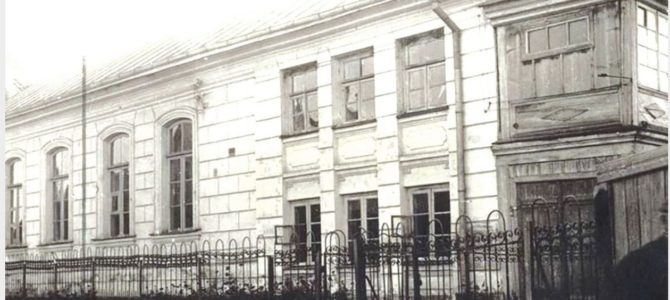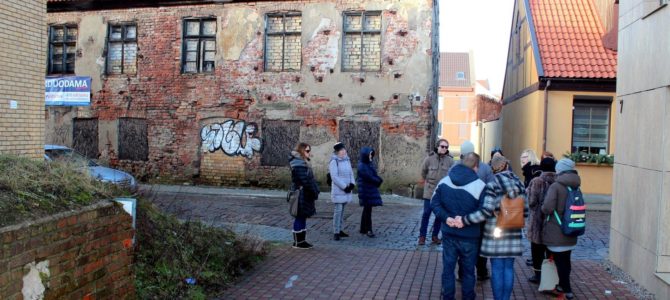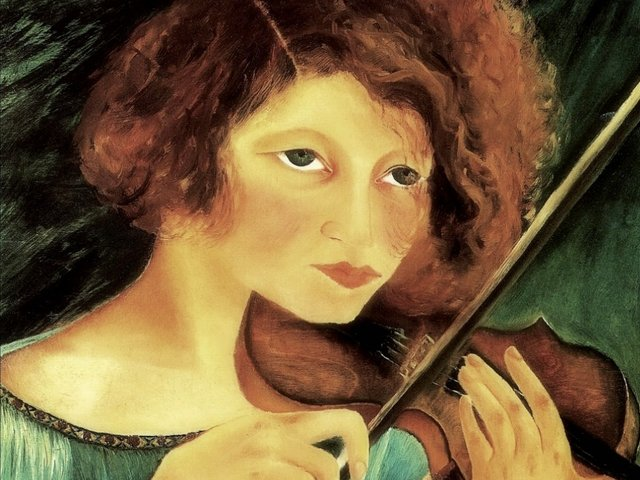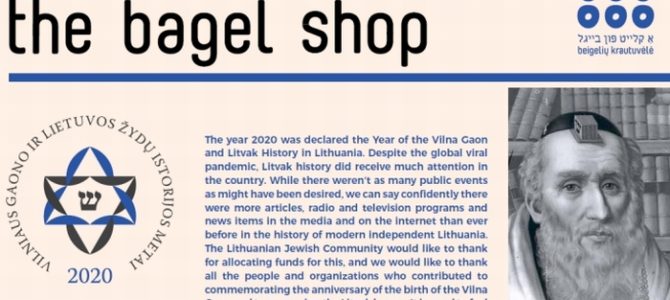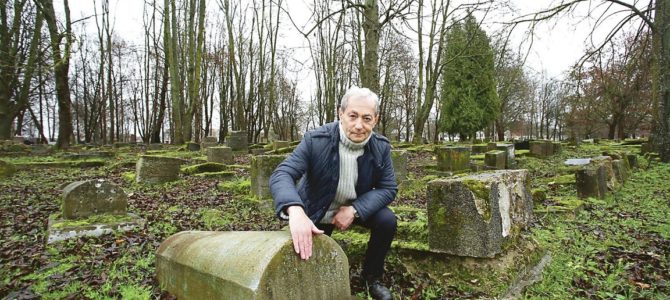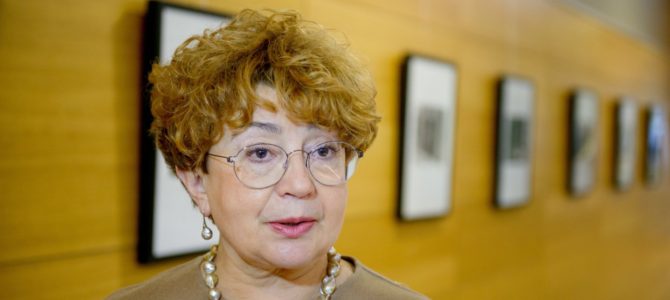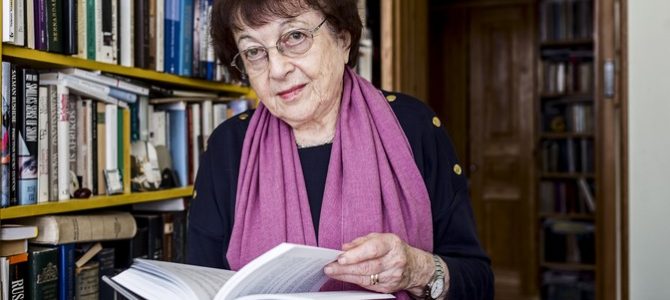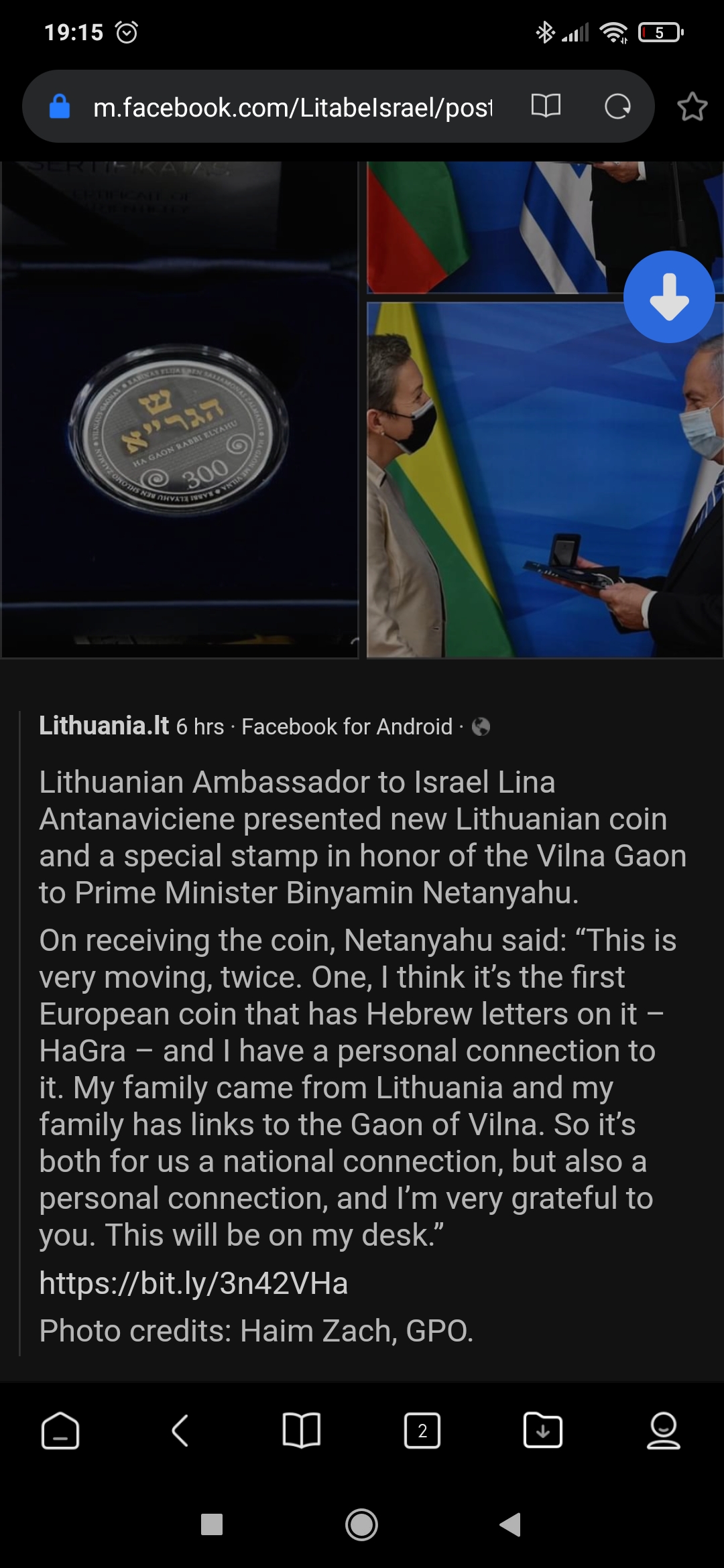On the eve of January 13 the Lithuanian Jewish Community invited children and young people to draw a forget-me-not flower to commemorate those who defended Lithuanian freedom and insured the independence of the state. Thank you to the Kaunas Jewish Community, the Panevėžys Jewish Community, the Šiauliai Regional Jewish Community, the Vilnius Jerusalem of Lithuania Jewish Community, the Klaipėda Jewish Community and especially to the children: Bernardas, Ariana, Vincas, Danielius, Kajas, Luiza, Daniel, Tėja, Sofija, Luisa, Emilis, Anita, Polina, Augustinas, Eliza, little Beatryčė, Diana, Zoja, Adomas, Arnas, Sonia, Natanas, Liuka, Diana, Vladikas, Zlata, Nikolė, Marija, Nora, Dovas, Meira, Liza, Markas and all the rest.
Here are some of the drawings we received.


